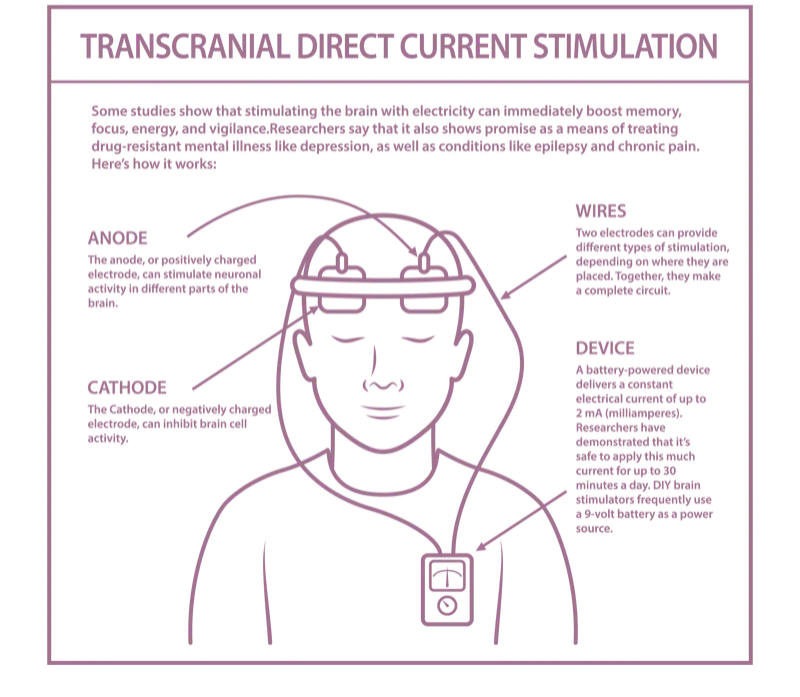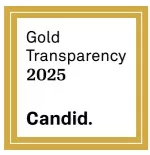The BART Foundation aims to promote better outcomes for brain injury survivors by answering three questions – Which alternative therapies are likely to work, where can they be found, and how can they be afforded? One of the ways we fulfill our mission is by carefully watching global research and clinical trial outcomes and sharing that information in user-friendly language with the TBI/ABI community. While transcranial direct current stimulation (tDCS) is not one of the treatments the BART Foundation currently advocates for, it is an area worthy of attention and consideration for those with TBI/ABI.

This article originally appeared in Front Neurosurgeon in May 2023. Please visit the National Library of Medicine webpage for the complete article. The introductory section is provided below.
Transcranial direct-current stimulation (tDCS) is a form of non-invasive brain stimulation (NIBS) that is safe and effective for improving cognitive functions in adults. Moreover, combined with existing treatments, tDCS improves functional outcomes. Though not approved for clinical use, tDCS is considered a minimal risk by the Food and Drug Administration for use in people with neurological impairments as a result of psychiatric symptoms such as depression.
Limited but promising evidence supports tDCS as safe and effective for cognition across all levels of TBI acuity and severity. The high prevalence of people struggling with persistent TBI-related cognitive deficits, the paucity of studies investigating tDCS for cognition after TBI and the recently updated guidelines that identify methods and data elements to advance science and applications for TBI tDCS studies provide the need for data elements to map the current evidence for using tDCS for cognition after TBI. A map of studies using tDCS for cognition after TBI, based on guideline-recommended elements, will facilitate discovery and translation to improve rehabilitation outcomes.
Cognition impairments often occur after a traumatic brain injury and occur at higher rates in military members. Cognitive symptoms impair daily function, including balance and life quality, years after the TBI. Current treatments to regain cognitive function after TBI, including medications and cognitive rehabilitation, have shown limited effectiveness. Transcranial direct current stimulation (tDCS) is a low-cost, non-invasive brain stimulation intervention that improves cognitive function in healthy adults and people with neuropsychologic diagnoses beyond current interventions. Despite the available evidence of the effectiveness of tDCS in improving cognition generally, only two small TBI trials have been conducted based on the most recent systematic review of tDCS effectiveness for cognition following neurological impairment. We found no tDCS studies that addressed TBI-related balance impairments.


